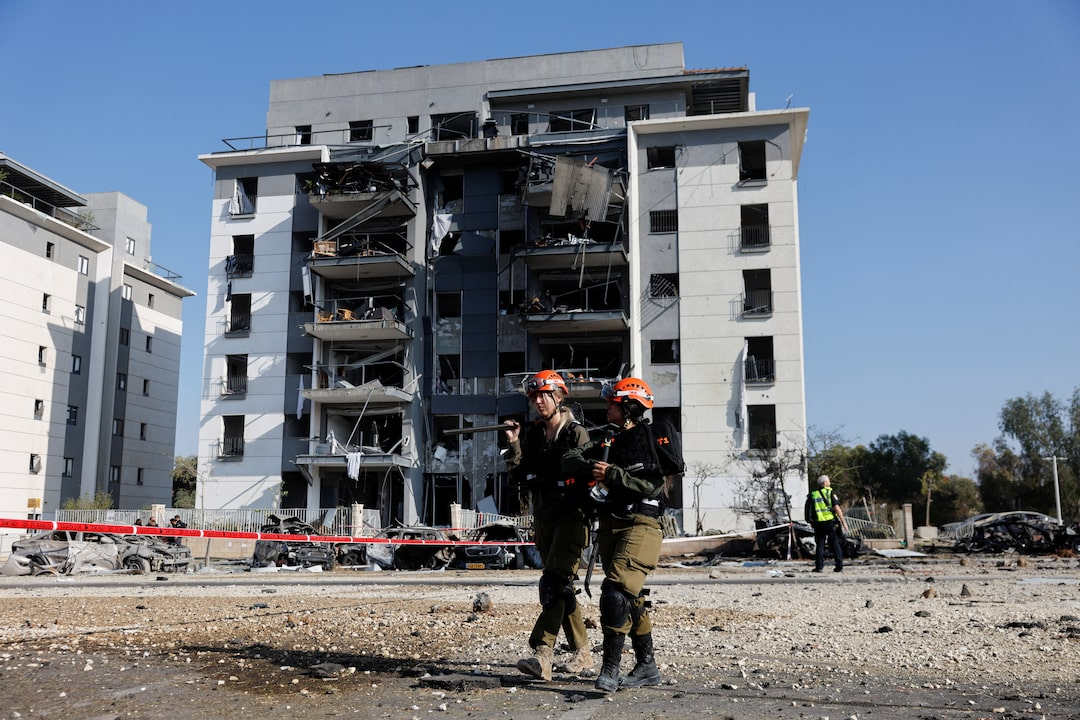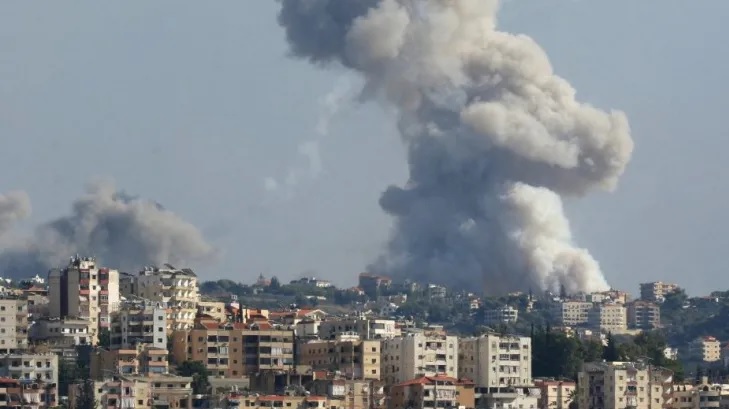Iran has declared it will not enter discussions about its nuclear programme while Israeli attacks persist, despite growing diplomatic efforts from Europe and the U.S. contemplating involvement in the escalating conflict.
Israel claims it has struck dozens of Iranian military targets overnight, including missile production sites, a nuclear research center in Tehran, and key military infrastructure in western and central regions. In response, Iran launched a fresh wave of missiles early Friday, hitting near residential and industrial areas in Beersheba, with further impacts reported in Tel Aviv, the Negev, and Haifa later in the day.
Global oil markets remain on edge over the potential for strikes affecting energy infrastructure in Iran or the Gulf. Tensions surged after Israeli strikes targeted Iran’s massive gas field shared with Qatar, prompting Doha to hold urgent talks with major energy firms to raise alarm with Western governments over the threat to global gas supplies.
At the same time, U.S. President Donald Trump is weighing possible American involvement, expected to make a decision within the next two weeks. However, Iranian Foreign Minister Abbas Araqchi stated clearly there will be no engagement with the U.S. “until Israeli aggression stops.” Still, he is set to meet with European foreign ministers in Geneva, though expectations for a diplomatic breakthrough remain low.
READ MORE:
Iran Destroys Target in Be’er Sheva with Single Missile as Israeli Defenses Falter
European diplomats hope to revive the nuclear deal framework, despite Tehran’s firm stance against any proposals that would completely ban uranium enrichment, particularly during ongoing military conflict. An Iranian official said Iran is willing to discuss limits but will not agree to “zero enrichment” while under fire.
The conflict, now in its second week, began when Israel launched airstrikes against Iran, citing fears that Tehran was close to building nuclear weapons. Iran, maintaining that its programme is peaceful, retaliated with missile and drone attacks.
According to the Human Rights Activists News Agency, Israeli airstrikes have killed 639 people in Iran, including top military leaders and nuclear scientists. In contrast, 24 civilians have been killed in Israel due to Iranian missile attacks.
While both sides assert they are targeting military assets, civilian areas have also been hit. A drone attack on a residential building in central Tehran was reported on Friday. Nuclear experts warn that Israeli strikes on Iran’s nuclear facilities could risk contamination, especially if the Bushehr nuclear power plant is targeted.
The Geneva meeting marks a potential return to diplomacy, revisiting the path set by the 2013 interim accord and the 2015 nuclear deal, from which Trump withdrew the U.S. in 2018. Renewed negotiations had been underway but collapsed following Israel’s recent offensive starting June 12.
Meanwhile, Israel’s Defense Minister Katz stated that he had ordered the military to intensify strikes on regime symbols in Tehran to destabilize Iran’s leadership. Iranian media reported the arrest of a Mossad agent allegedly passing information on air defense installations to Israel.
As anti-regime sentiment simmers, opposition groups remain largely inactive due to national unity during wartime and harsh crackdowns on dissent. State media has reported mass rallies across Iranian cities framed as demonstrations of “rage and resistance” against Israeli aggression.




